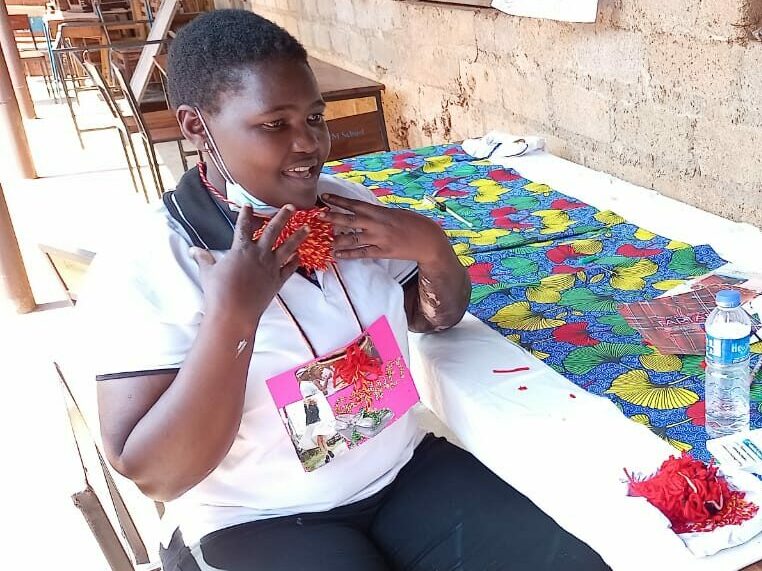
News
Teen Pregnancy During Covid
Play audio version
TRIUMPH Uganda Advocates for Better Access to Sexual and Reproductive Health Services for Women and Girls with Disabilities
November 27, 2021
JINJA, Uganda — Uganda has seen a surge in teen pregnancies since schools were shut down due to the pandemic. Rights groups say the lockdowns have deprived girls of the social protection schools offer, making them more vulnerable to sexual exploitation and abuse. “During this COVID period, the teachers have been helping the parents to teach the children about sex education, but the fact that schools have been locked for a long time, it has been hard to educate the children on sex information,” says Gorret Namwanjje, a 19-year-old self-advocate at Triumph Uganda Mental Health Support and Recovery Program. “As a result, teenage pregnancy has increased.”
TRIUMPH advocates for better access to sexual and reproductive health services for persons with psychosocial disabilities in the Jinja District of Uganda. According to the United Nations Population Fund, girls and women with disabilities face up to 10 times more gender-based violence than those without disabilities. What’s more, while young people with disabilities have the same sexual and reproductive health needs and rights as their peers without disabilities, stigma and misconceptions about disability – along with a lack of accessible health services – often prevent young women with disabilities from leading healthy sexual lives.
Namwanjje is a person with a psychosocial disability and a survivor of sexual assault. When she was in primary school, a classmate tried to rape her as they were walking home one evening. “I fear having sex because …my perception towards it is negative,” she says.
The young people have been affected in that they cannot embrace and respect their sexual life and fail to grow progressively.
Robinah Alambuya
According to the United Nations Population Fund, 354,736 teenage pregnancies were registered in Uganda in 2020, and in the first six months of 2021, close to 200,000 have been registered. A recent survey by Twaweza shows that 80 percent of Ugandans say teen pregnancy has become a bigger problem during the pandemic, and approximately half believe physical, emotional, and sexual violence has become worse.
Dorcas Kizza, a health worker from the Joy Medical Centre in Kampala, estimates that 75 percent of the young people she sees haven’t talked to their parents about sex. As a result, many of her patients have ended up pregnant or contracting a sexually transmitted disease because of this lack of information. “Less than 10 percent of the parents visit the Centre asking for assistance due to the cultural reasons,” she says, “while others were never taught about sex education, which makes it hard for them to have this conversation with their children.”
Kizza encourages parents and guardians to learn how to talk with their children about sex. If they don’t, she says, young people will get the wrong messages from the media. “Parents should get out of their comfort zone and talk to their children because it will save them from a lot!” she says.
Robinah Alambuya, TRIUMPH’s co-founder and executive director, says there has been a longstanding hesitancy among parents in Uganda to talk with their children about sex. Adding a sex education curriculum in the schools hasn’t helped as much as she’d hoped. “This was put up in order to teach children about sex education, but the community has resisted it, as they claim that it will spoil their children. Most people don’t understand sex education, as they limit it to sexual intercourse,” she says. “The young people have been affected in that they cannot embrace and respect their sexual life and fail to grow progressively.”
Esther Suubi is a 2021 Disability Justice Project Fellow and a peer educator at TRIUMPH. @2021 TRIUMPH Uganda. All rights reserved.
News From the Global Frontlines of Disability Justice

Rwanda’s Marburg Crisis
As Rwanda confronts its first-ever Marburg virus outbreak, people with disabilities face heightened risks — not only from the virus but also from the lack of accessible health information. “Without proper accommodations, such as sign language interpreters, captions, Braille, or visual aids, the Deaf and DeafBlind community may miss crucial information about how to protect themselves, symptoms to watch for, or where to seek help in case of infection,” says Joseph Musabyimana, executive director of the Rwanda Organization of Persons with Deaf Blindness.
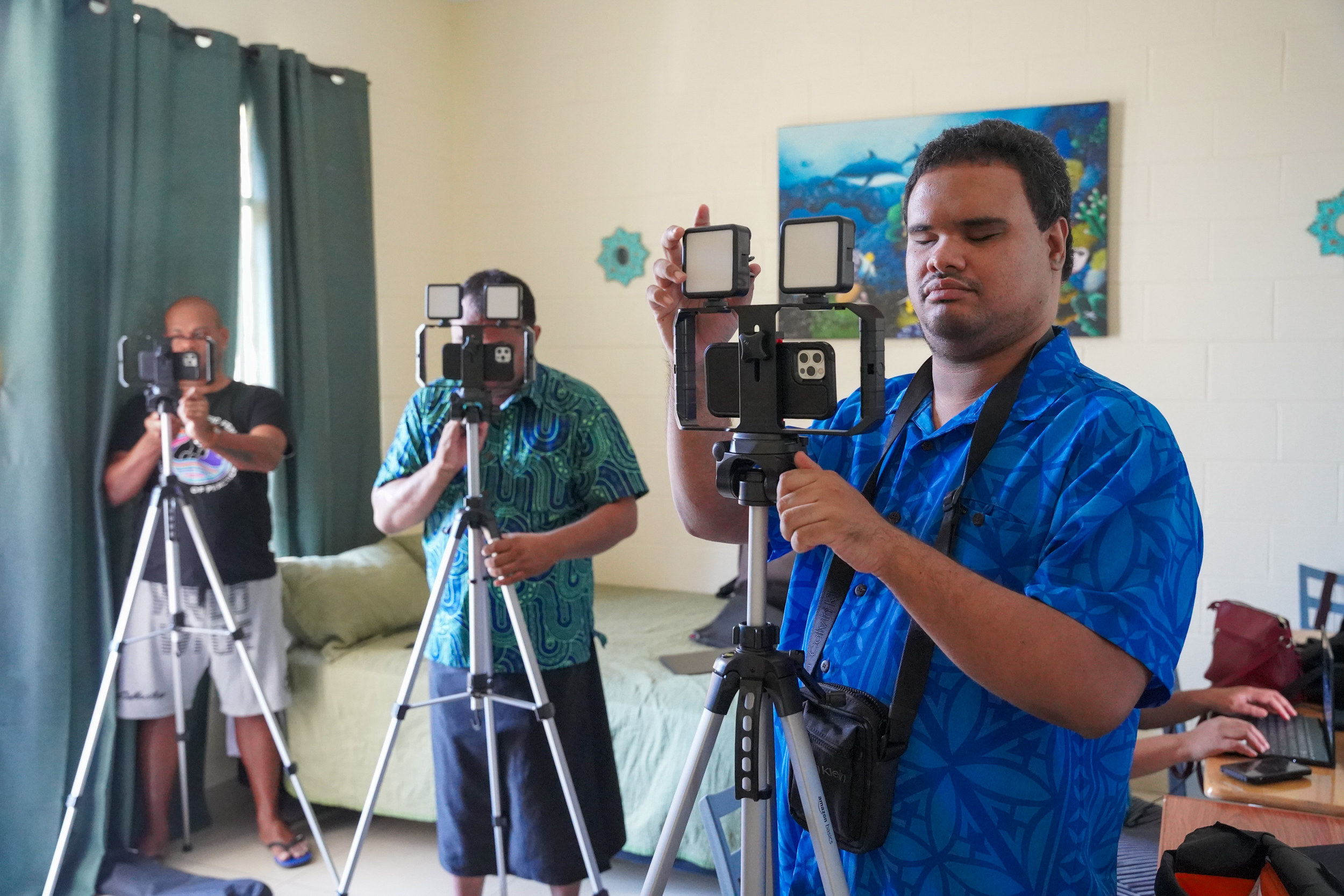
Capturing Vision Through Sound and Touch
Last summer, the DJP trained Indigenous activists with disabilities from the Pacific on the iPhone camera to create a documentary series on disability and climate change. With VoiceOver, the iPhone provides image descriptions for blind and low-vision filmmakers and offers other accessible features. “If you think about it, it doesn’t make sense for a blind person to use a camera,” says DJP filmmaker Ari Hazelman. “The iPhone gives you more avenues to tell your story in a more profound way as a blind person.”
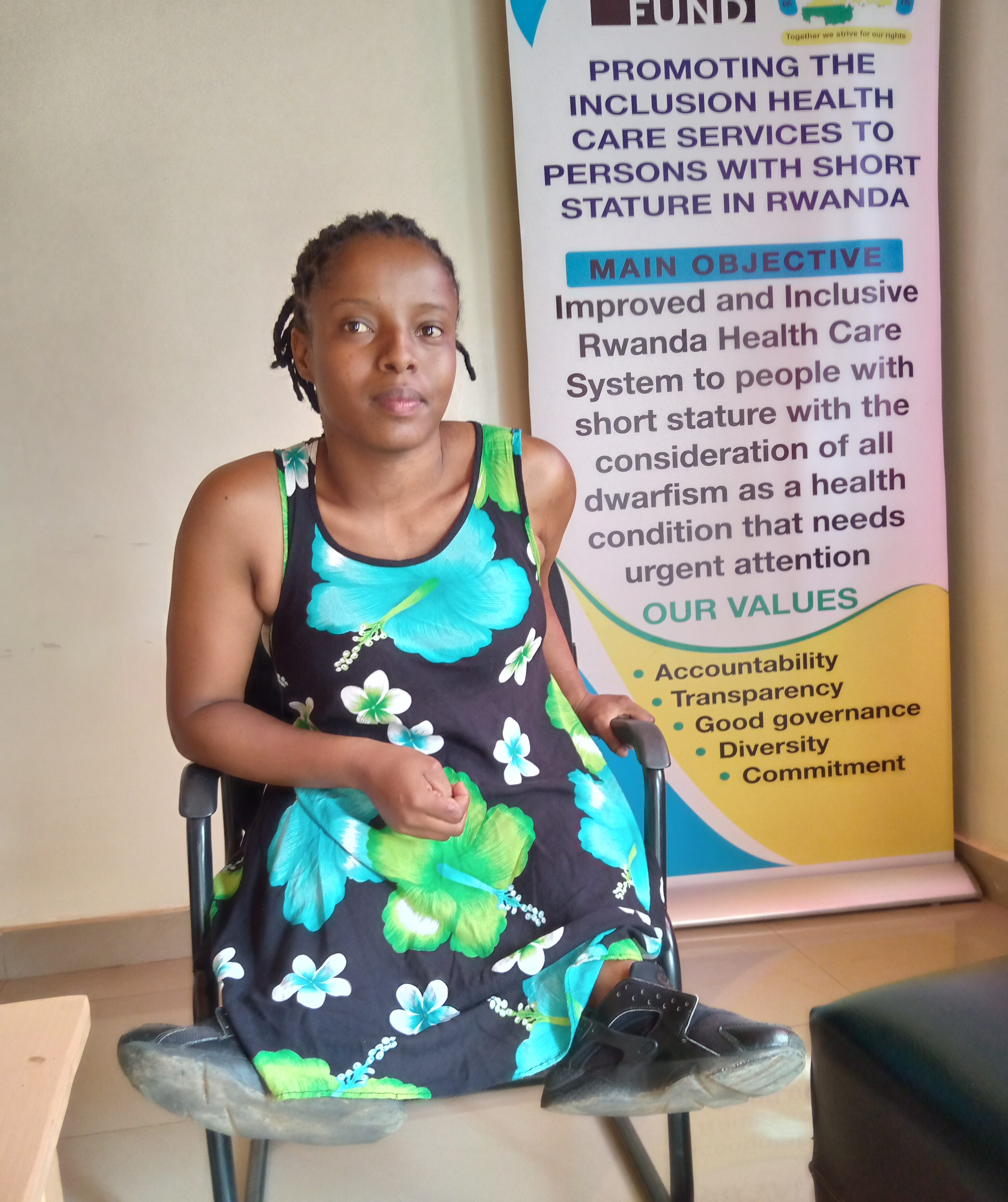
Work for All
The We Can Work program equips young Rwandans with disabilities to navigate barriers to employment through education, vocational training, and soft skills development. By fostering inclusive workplaces and advocating for policy changes, the program aims to reduce poverty and promote economic independence. Participants like Alliance Ukwishaka are optimistic that the program will enable them to achieve their dreams and showcase their potential. The initiative is part of a larger effort to support 30 million disabled youth across seven African countries.
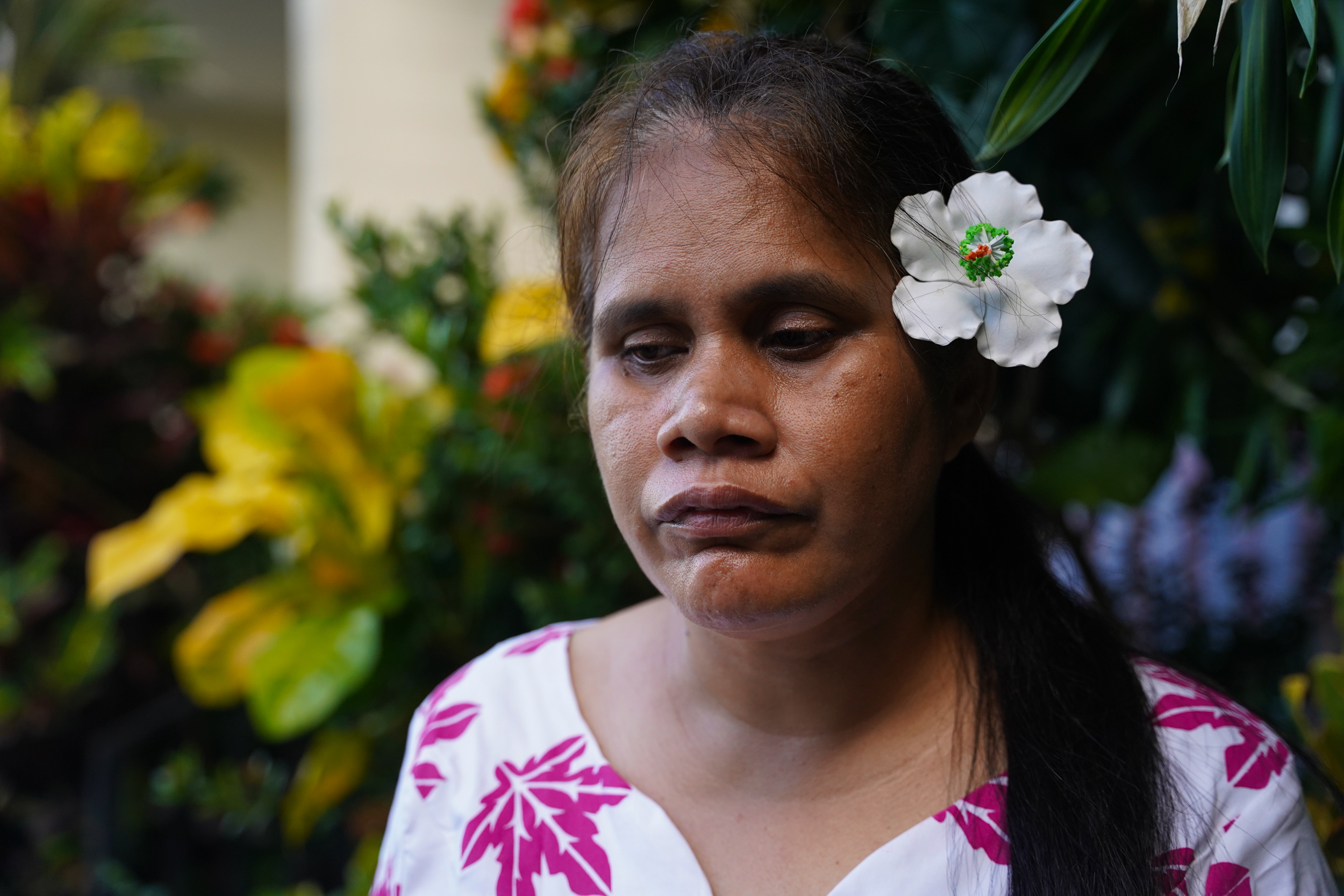
Global Recognition
Faaolo Utumapu-Utailesolo’s film “Dramatic Waves of Change” has been named a finalist in the Focus on Ability International Short Film Festival. The film, completed during a Disability Justice Project workshop in Samoa, highlights the impact of climate change on people with disabilities in Kiribati. Utumapu-Utailesolo, who is blind, used an iPhone with accessibility features to create the film. “Do not leave people with disabilities behind when [you] plan, implement, and monitor programs regarding climate change and disaster,” she says. Her achievement is a testament to the power of inclusive filmmaking.
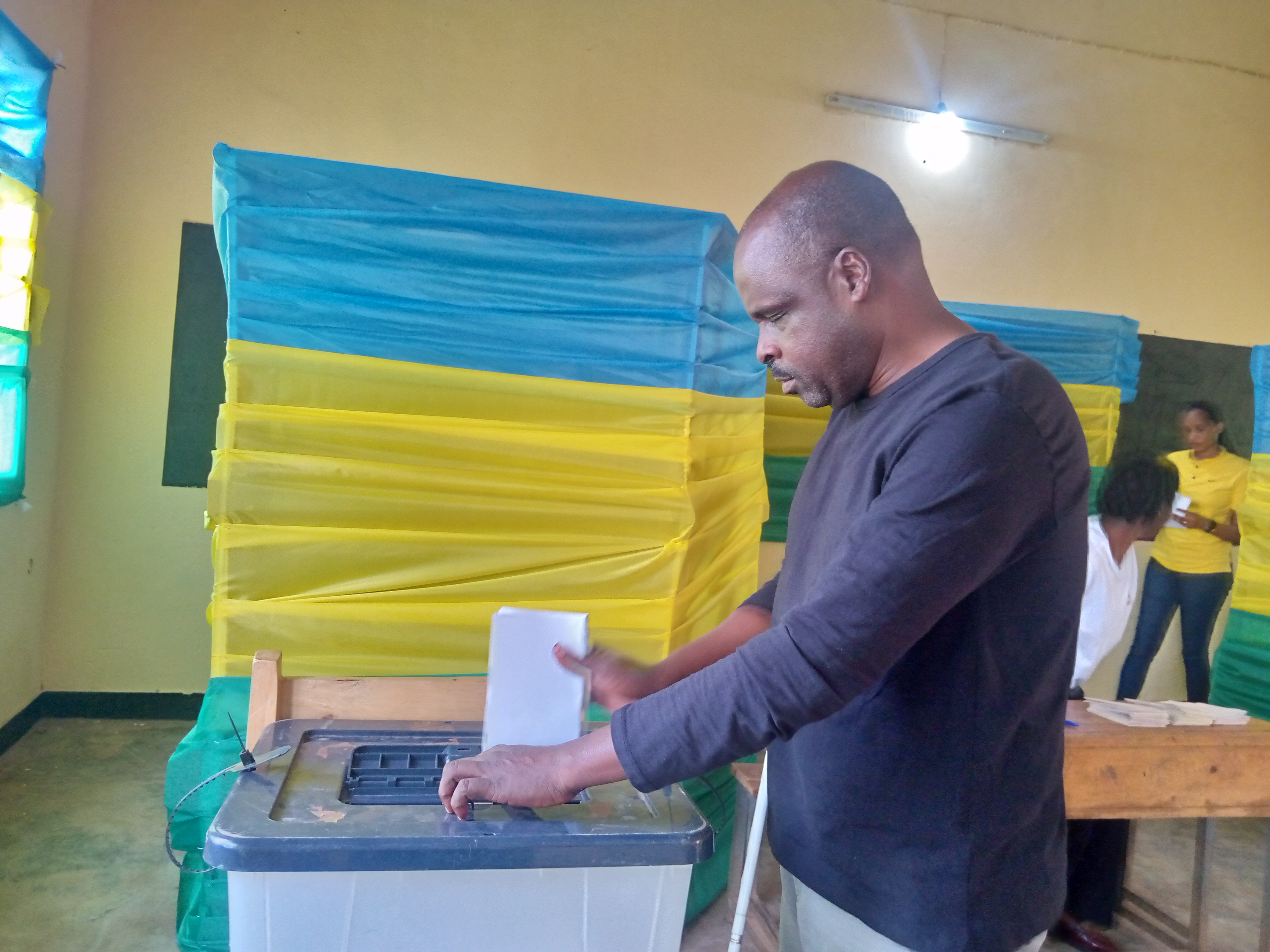
Advancing Democracy
Rwanda has made significant progress in making its elections more accessible, highlighted by the July 15 general elections where notable accommodations were provided. This was a major step forward in disabled Rwandans’ quest for equal rights and participation. “You cannot imagine how happy I am, for I have voted by myself and privately as others do accessibly,” says Jean Marie Vianney Mukeshimana, who used a Braille voting slate for the first time. “Voting is a deeply emotional and meaningful experience for a person with any disability in Rwanda, reflecting a blend of pride, empowerment, and hope.”
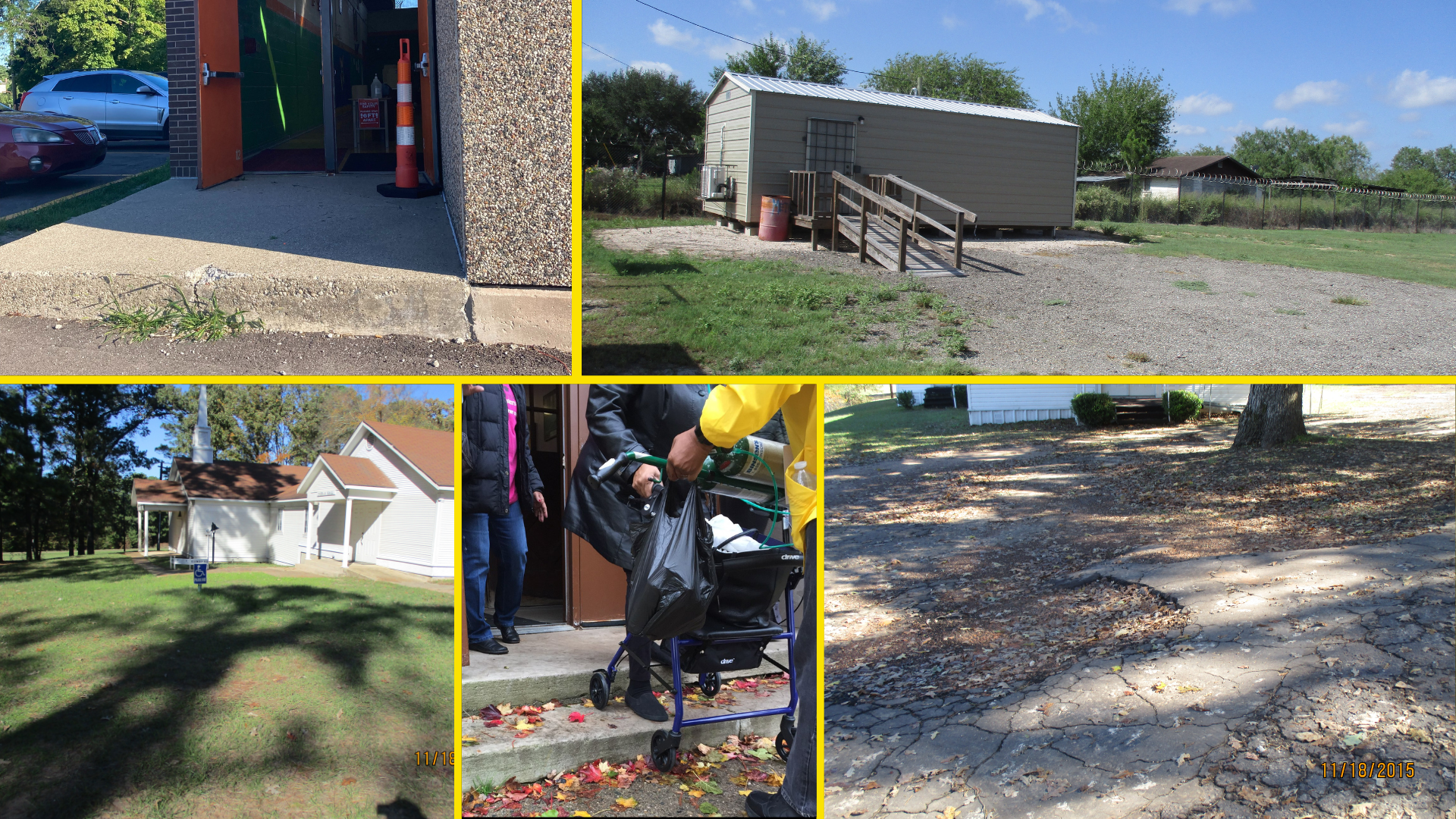
Barriers to the Ballot
Despite legislation like the Americans with Disabilities Act, barriers at the polls still hinder — and often prevent — people with disabilities from voting. New restrictive laws in some states, such as criminalizing assistance with voting, exacerbate these issues. Advocacy groups continue to fight for improved accessibility and increased voter turnout among disabled individuals, emphasizing the need for multiple voting options to accommodate diverse needs. ““Of course, we want to vote,” says Claire Stanley with the American Council of the Blind, “but if you can’t, you can’t.”